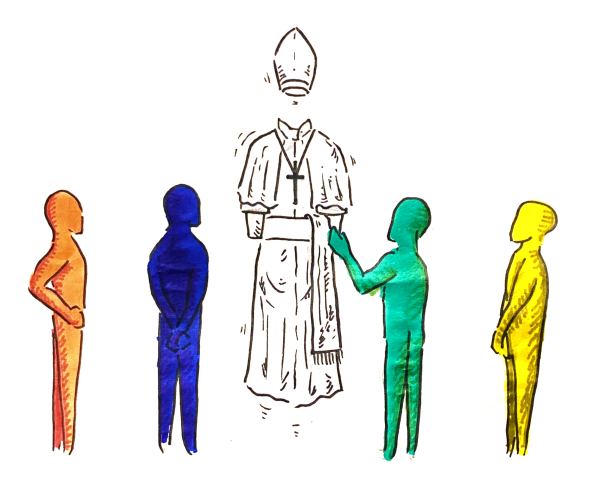Toxic Pollution, Toxic Attitudes
Picture this. You’re in a small boat, drifting in an endless ocean of oil, dirty chemicals, and the bodies of dead animals. The smell of death fills the air. How do you feel? This is not the future or an imaginary place. In fact, this is how our ocean looks today. Today, the toxins in seafood have become a severe health issue. These toxins have been linked to many deaths, both in marine animals and humans. Thus, we need to recognize the severity of the issue of toxic pollution in the oceans and spread awareness, as the current lack of attention surrounding this issue in the status quo are quite worrisome.
A study in December 2014 derived from six years of research by the 5 Gyres Institute estimated that there are 5.25 trillion plastic particles, weighing 269,000 tons, floating on the surface of the sea. Those particles are ingested by sea animals; once ingested by humans, they can cause damage to our body. Organ function can deteriorate. Hallucinations may occur accompanied by ocular migraines. The list goes on and on.
For example, mercury, one of the most dangerous pollutants, is actively contaminating the marine ecosystem. The coastal area of countries such as China and India have built factories that emitted mercury contained in coal into the atmosphere, which goes the ocean via rainfall. Certain microorganisms and abiotic reactions convert it into methyl-mercury, which is absorbed by algae. The poisonous algae is then eaten by plankton and shellfish, which are then consumed by small fish. The concentration of mercury increases as predatory fish consume the small fish. Eventually, humans and wildlife consume the contaminated larger fish and are severely affected.
Oil and carbon emissions also harm the oceans. The petroleum hydrocarbons discharged into the sea inhibit the photosynthesis of sea plants and cause the absorption of the dispersed toxic molecules by surrounding fish, which may end up on a family’s dinner plate. Many oil spills take place in coastal areas, such as mangrove forests and salt marshes, that support a wide range of fish, birds, and animals.
Many people think that they can’t make a difference, but in fact we can have a big impact by making certain changes. You can try to reduce the use of hazardous chemicals by choosing environmental-friendly household cleaners, pesticides, and fertilizers. Be supportive of organizations working to protect the ocean. When it comes to public policy that can affect these issues, we must stay aware of political candidates’ stances on these paramount issues. For example, the Society of Environmental Journalists issues a yearly evaluation of U.S. Congress members rating them on their attention to of environmental issues. Take a look at this list before you support certain candidates.
It’s our responsibility to keep our body healthy; it’s our moral imperative to keep marine animals from eating poisonous pollutants. It’s our human role to protect the environment and make the world nicer and more sustainable.
Now imagine you’re in a small boat paddling through crystal clear water. You look down and see colorful fish, swimming freely beneath you. The air smells fresh and crisp. This world could be our future. Now the choice is up to you.





